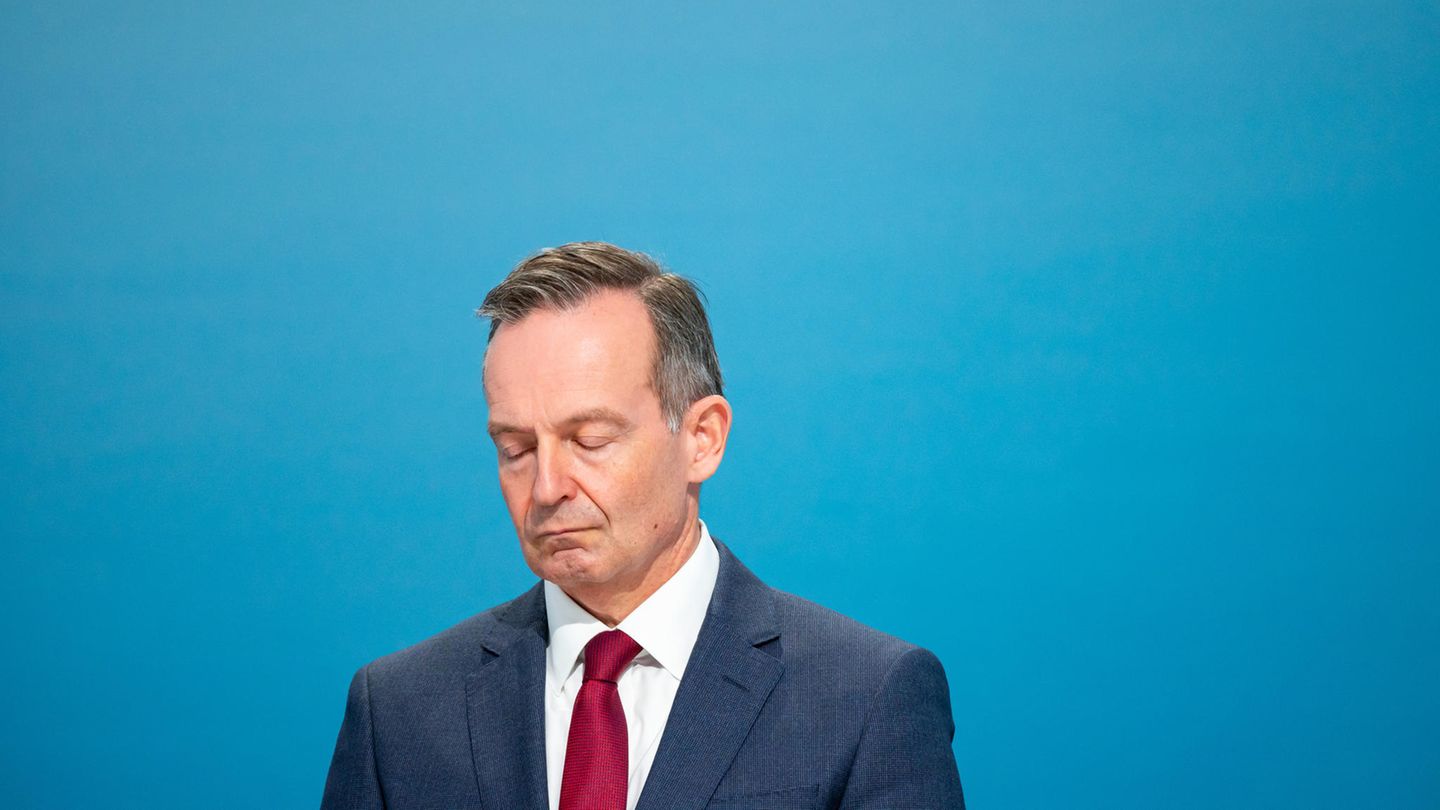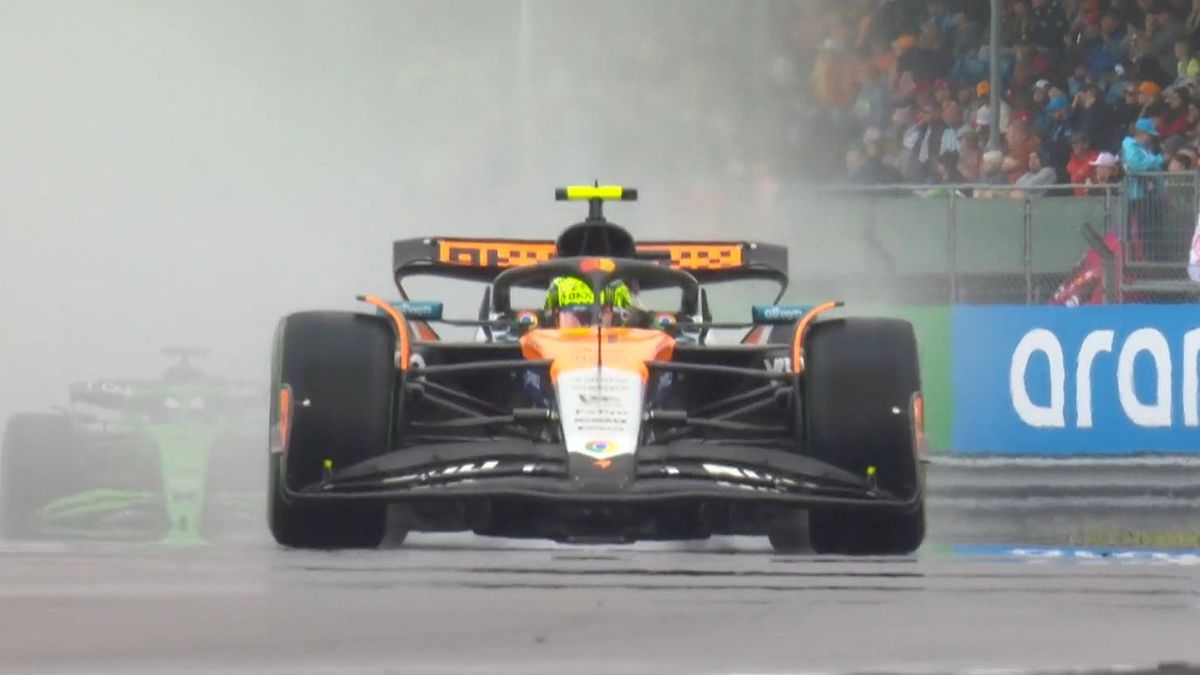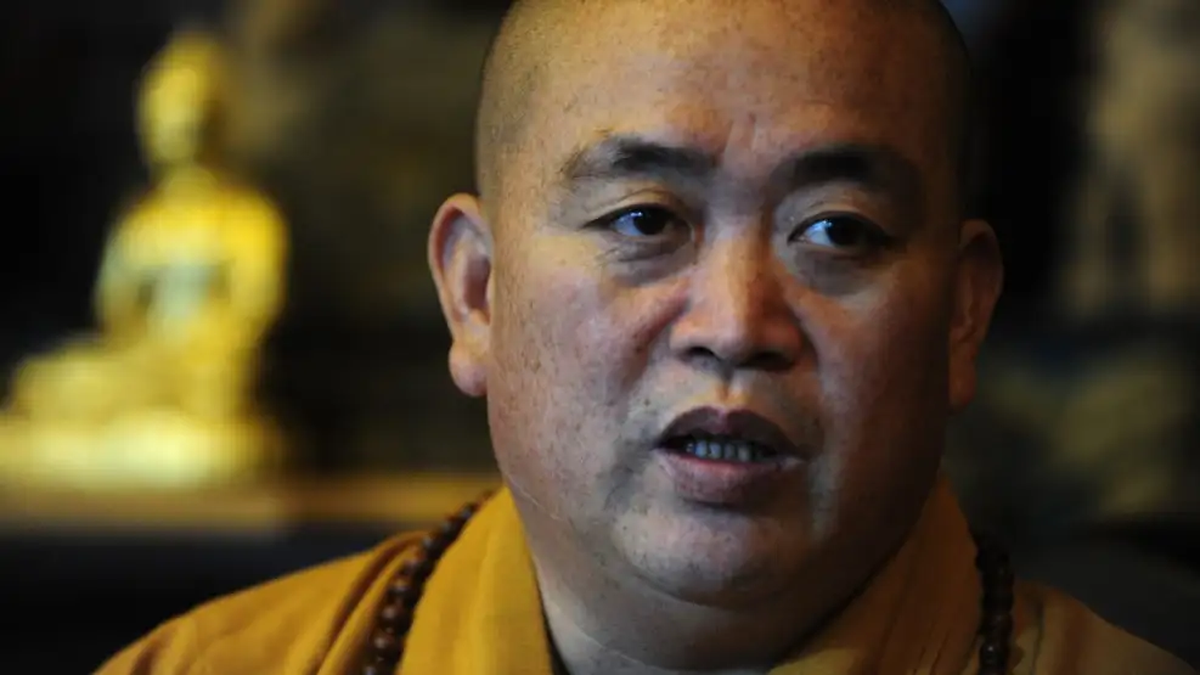Transport Minister Wissing wants to boost sales of solar systems, batteries and charging stations for electric cars with generous subsidies. But many interested parties have so far come away empty-handed – and are now hesitating to buy. Photovoltaic providers speak of an “emergency brake”.
The chaos in the Ministry of Transport’s latest solar incentive program, which was exhausted after just one day, has led to significant losses of orders for solar system providers. Several companies reported this when asked by Capital. The reason for this is that many customers who came away empty-handed from the funding program at the end of September have canceled their orders for solar systems and storage or are delaying new orders in order to wait for the second part of the program next year, they say Company.
As a result, the funding package is even “counterproductive” for solar expansion, said Peter Knuth, head of the photovoltaic specialist chain Enerix, in an interview with Capital. “Most of those who wanted to use the program would probably have bought systems even without the new funding.” According to Knuth, the chaos led to an average of eight orders being lost from each of the 100 Enerix partner companies in Germany. These are around 800 contracts with a volume of around 20 million euros – around ten percent of the Regensburg-based company’s 2022 annual sales. “No one in the solar industry needed this funding program,” said Knuth.
The Hamburg energy company Lichtblick is also experiencing similar consequences. Ten percent of customers were lost and another two thirds were hesitant about taking out the deal. As a result, sales are “severely restricted,” the company explained. The hoped-for momentum of the funding program “is more like an emergency stop,” said Lichtblick boss Constantin Eis Capital. The opportunity to fully exploit storage and flexibility potential with the program has been missed. The photovoltaic provider Enpal also reported purchasing reluctance after the funding program was stopped and warned against a “stop-and-go”.
With funding of up to 10,200 euros per application, Federal Transport Minister Volker Wissing (FDP) actually wants to boost sales of new solar systems, storage systems and charging stations for electric cars. A total of 500 million euros is available for this – but only 300 million euros of that this year, which even surprised many in the industry. When the program started at the end of September, around 33,000 contracts were awarded. However, thousands of interested parties came away empty-handed – partly because the website through which applications could be submitted was completely overloaded.
Companies warn against continuation
According to the Ministry of Transport’s plans, the remaining 200 million euros will be awarded next year. There is strong criticism of this in the solar industry: According to Capital information, several companies are considering a petition to the Bundestag demanding that the program be ended immediately. This is intended to prevent interested parties from having to wait for the continuation – especially since at the maximum funding level only around 20,000 additional surcharges are possible. Even then, many interested parties are unlikely to get a chance.
Electric car, hybrid, gas or petrol engine
What type of car am I?
In contrast, the Norwegian solar company Otovo is proposing to reduce the maximum funding amount per household in the second round – so that more applicants can receive a supplement. The government must stick to the communicated plans “in order not to create artificial fluctuations that can only destabilize the market,” said Otovo boss Andreas Thorsheim. The German funding program is “the most generous that Europe has ever seen,” he added. Despite the problems with implementation, it motivated people to take their energy future into their own hands. There are no “significant” cancellations at Otovo. However, some customers were waiting for the second round of funding, said Thorsheim.
Note: This article was first published by our colleagues at CAPITAL.
Source: Stern
I have been working in the news industry for over 6 years, first as a reporter and now as an editor. I have covered politics extensively, and my work has appeared in major newspapers and online news outlets around the world. In addition to my writing, I also contribute regularly to 24 Hours World.




